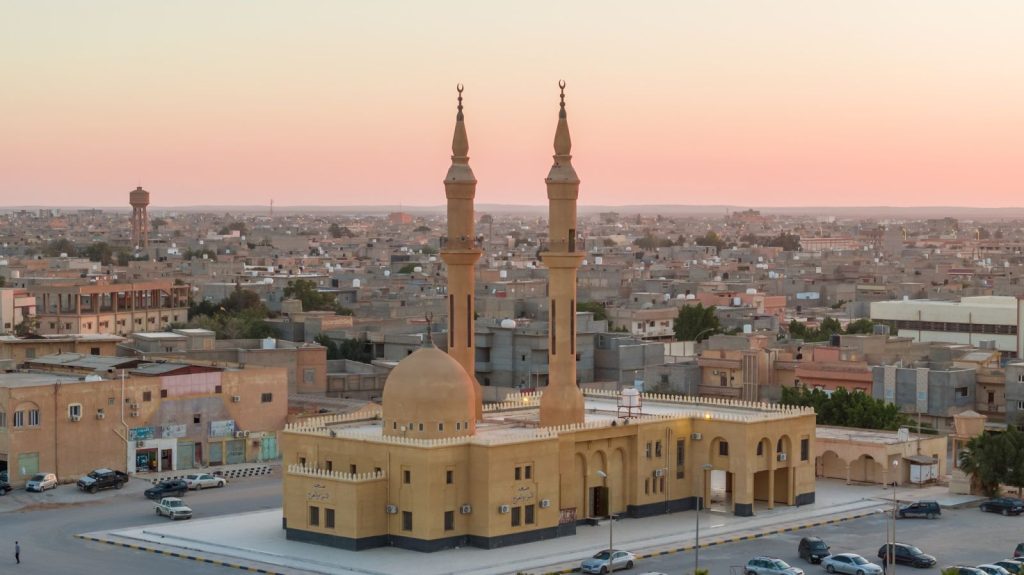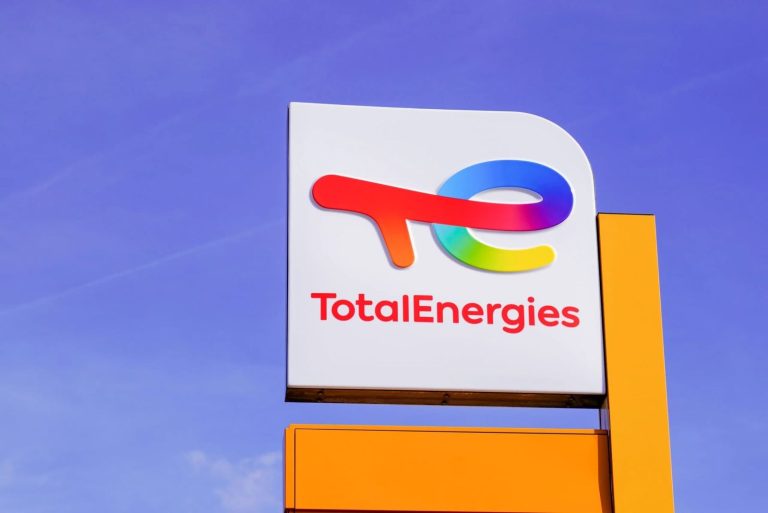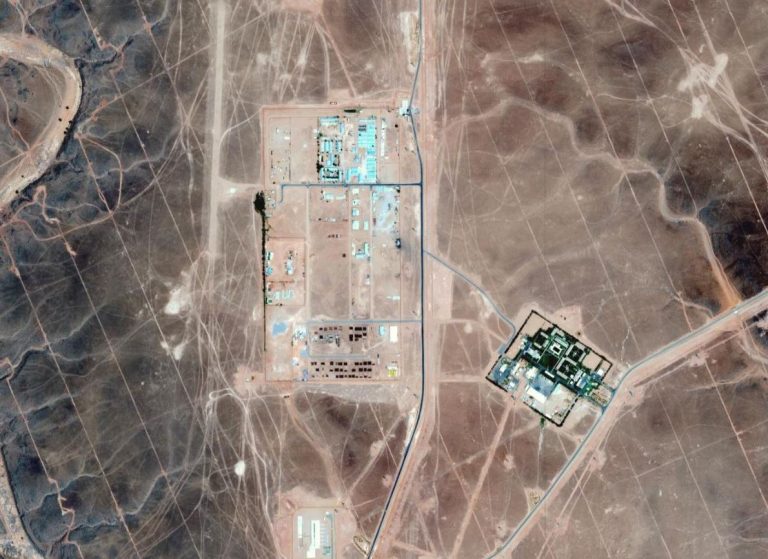Sirte Oil Company stands as a significant entity in Libya’s oil and gas sector. Established to harness the country’s rich hydrocarbon resources, it plays a crucial role in the exploration, production, and processing of oil and natural gas. Operating in the heart of Libya, the company has become a cornerstone of the nation’s energy landscape, contributing substantially to its economic development.
With a robust infrastructure and a commitment to innovation, Sirte Oil Company consistently seeks to optimise its operations. Its strategic initiatives and partnerships have enabled it to maintain a competitive edge in the regional market. As the global energy demand continues to evolve, the company remains a key player in ensuring the stability and growth of Libya’s energy sector.
Table of Contents

Overview Of Sirte Oil Company
Background Information
Sirte Oil Company, established in 1981, operates as a major player within Libya’s oil and gas industry. Headquartered in Marsa El Brega, the company’s primary focus lies in the exploration and production of hydrocarbons, addressing Libya’s resource exploitation needs.
Core Services or Offerings
Sirte Oil Company offers a range of services concentrated on the exploration, drilling, and refining of oil and natural gas. These services are crucial for maintaining a steady supply within the Libyan market, playing a key role in meeting both domestic and export demands.
Market Presence
Sirte Oil Company holds a strong position in the regional market, with a significant reach across Libya. It has partnered with several international oil firms, enhancing its capabilities and leveraging technological advancements. Notable achievements include the development of the Marsa El Brega refinery—one of the country’s largest facilities.
Structure and Key Features
The company’s organisational structure supports efficient operations with divisions handling exploration, production, and technical services. Its primary facilities are located in Marsa El Brega, with key branches supporting this infrastructure. Collaborative partnerships with global entities enable it to maintain competitive advantages.
Relevance in Libya
Sirte Oil Company contributes significantly to Libya’s economy, providing essential energy resources that underpin industrial and residential needs. Its operations align with Libya’s development goals, focusing on sustainability and energy security, bolstering the nation’s economic growth and infrastructure development.

History And Background
Founded in 1981, the Sirte Oil Company has emerged as a pivotal entity in Libya’s oil and gas sector. The company’s headquarters are situated in Marsa El Brega, a strategic location that underpins its operational activities. Its primary focus lies in the exploration, production, and processing of hydrocarbons, positioning itself as a cornerstone in the industry.
Core Services or Offerings
Sirte Oil Company is renowned for its comprehensive services, which include drilling, refining, and processing oil and natural gas. These offerings are integral to maintaining a steady supply within the Libyan market and meet both domestic and export demands, highlighting their significance in the region.
Market Presence
The company holds a formidable position in the market, characterised by its extensive reach and strategic partnerships with international oil firms. Among its notable achievements is the development of the Marsa El Brega refinery, one of the largest facilities in the country that significantly boosts its operational capacity.
Structure and Key Features
The organisational structure of Sirte Oil Company is designed to support efficient operations across various divisions. Key locations include major branches that facilitate its extensive network. Strategic partnerships with global entities enhance its competitive edge and global market presence.
Relevance in Libya
Sirte Oil Company’s contributions to Libya’s economy are considerable, as it significantly bolsters the nation’s energy landscape. Its operations align with Libya’s development goals, focusing on sustainability and energy security to support economic growth and infrastructure development.

Key Operations And Facilities
Sirte Oil Company plays a crucial role in Libya’s oil and gas industry with its well-established operations and facilities.
Oil Extraction
The company excels in oil extraction through strategic exploration and drilling activities. Several onshore and offshore fields contribute significantly to Libya’s oil production. Notably, the Raqubah and Al-Wefaq oil fields are pivotal to its operations. Advanced drilling techniques and enhanced recovery processes are employed to optimise output and efficiency.
Gas Processing
Gas processing forms a core component of Sirte Oil Company’s operations. Processing facilities like the Marsa El Brega complex are integral in converting raw natural gas into marketable products. They focus on liquefaction, separation, and purification to ensure high-quality gas for domestic consumption and export. By investing in state-of-the-art technology, the company supports Libya’s energy needs and contributes to economic stability.
Environmental And Social Responsibility
Sirte Oil Company actively engages in environmental and social initiatives, recognising its role in sustainable development. Compliance with international environmental standards is prioritised to minimise its ecological impact. The company implements measures to manage waste, reduce emissions, and promote energy efficiency across its operations. Investment in technology plays a crucial role in achieving these environmental objectives, ensuring energy extraction processes are as clean and sustainable as possible.
Community engagement and social development are central to the company’s operations. It invests in local communities by supporting educational programmes, providing vocational training, and promoting health and well-being initiatives. These efforts are aligned with its commitment to contribute positively to the regions in which it operates.
Employee welfare is another focus area, with Sirte Oil Company promoting a safe and inclusive work environment. Comprehensive safety protocols and continuous training are provided to reduce workplace hazards and ensure the health and safety of its workforce. By fostering a culture of responsibility and care, the company enhances both operational safety and employee satisfaction.
Sirte Oil Company’s dedication to environmental and social responsibility strengthens its role as a contributor to Libya’s socio-economic development while supporting global sustainability goals. Through its integrated approach, the company aims to balance economic growth with ecological preservation and social progress.

Financial Performance And Market Position
Sirte Oil Company’s financial performance reflects its robust market position in Libya‘s energy sector. With a diverse portfolio, they manage significant assets in oil and gas production, boosting revenue streams. Their investment in advanced technology and strategic infrastructure projects ensures high operational efficiency, contributing positively to financial outcomes. Recent reports indicate stable financial growth, supported by effective cost management and increased production capacity.
Market position is further strengthened through strategic partnerships with international oil firms, enhancing their competitive advantage. Participation in joint ventures and collaborations diversifies their market reach. The Marsa El Brega refinery, a key facility, underscores their capacity, enabling them to meet both domestic and export demands effectively.
Notably, Sirte Oil Company holds a significant share in the regional market. Their strategic exploration and advanced extraction techniques maintain a steady supply chain, reinforcing their market dominance. Expansion initiatives and strategic alliances further solidify their standing, positioning them as a pivotal player in Libya’s economic landscape.
Challenges And Opportunities
Sirte Oil Company faces several challenges and opportunities within Libya’s dynamic energy sector. Political instability in Libya poses significant risks to operations, often causing disruptions in production and logistics. Security concerns can hamper exploration and drilling activities, making risk management crucial for consistent output.
Regulatory hurdles also impact the company, as fluctuating policies can lead to uncertainty in the business environment. Ensuring compliance with varying regulations requires adaptability and strategic planning. Despite these challenges, the potential for technological advancements offers opportunities for Sirte Oil Company. Leveraging cutting-edge exploration and drilling technologies can enhance efficiency and production levels.
Partnerships with international oil firms present opportunities for expansion and sharing expertise. These collaborations can drive innovation and improve competitiveness, enabling the company to enter new markets. There is also a growing demand for sustainable practices, creating opportunities for Sirte Oil Company to enhance its environmental initiatives. By adopting renewable energy sources and reducing carbon emissions, the company can align with global sustainability goals and strengthen its market position.
Additionally, the increasing global demand for energy resources presents growth prospects. By expanding its production capacity and optimising supply chains, Sirte Oil Company can capitalise on rising energy needs, both domestically and internationally.
Conclusion
Sirte Oil Company remains a cornerstone of Libya’s energy sector, adeptly navigating challenges and seizing opportunities for growth. Its strategic alliances and commitment to sustainability underscore its role in driving economic progress while prioritising environmental and social responsibilities. As energy demands evolve globally, Sirte Oil Company’s focus on innovation and efficiency ensures its continued relevance and influence in the market. By balancing robust operational strategies with a dedication to community and ecological welfare, the company not only supports Libya’s development but also aligns with broader global sustainability objectives.



